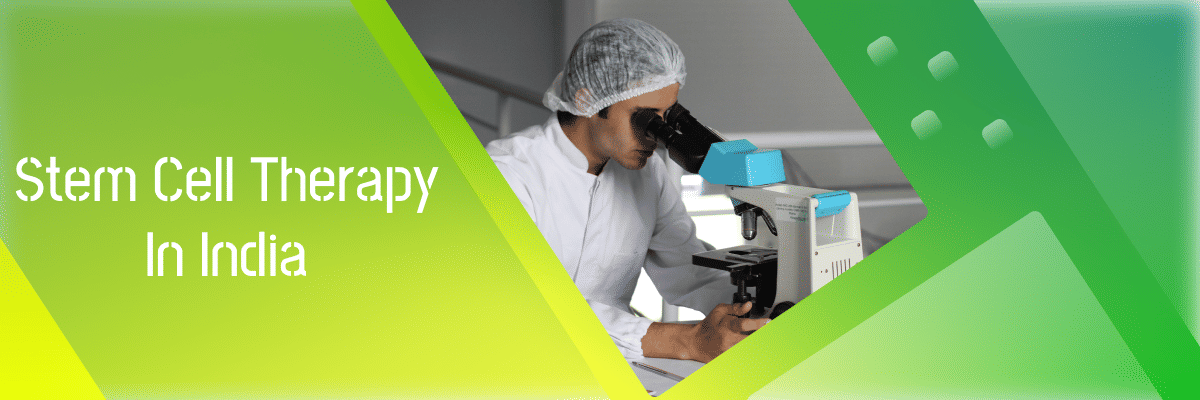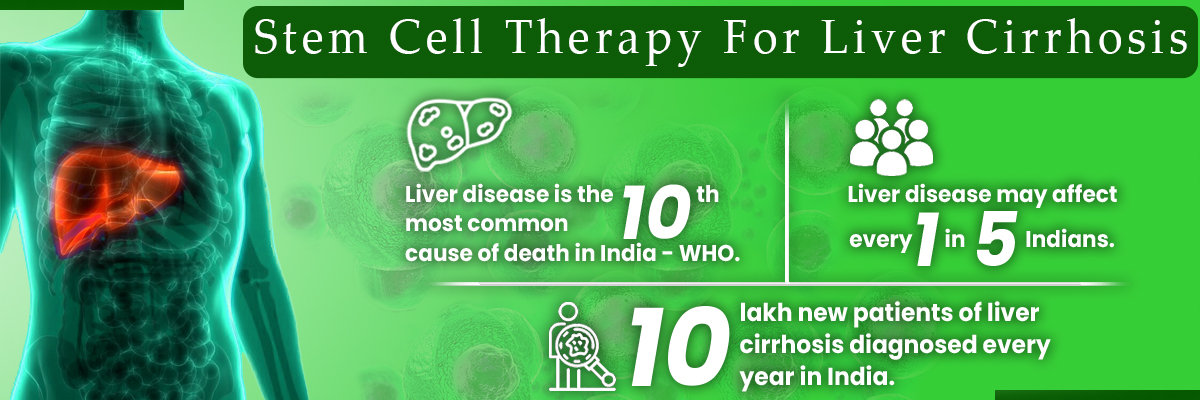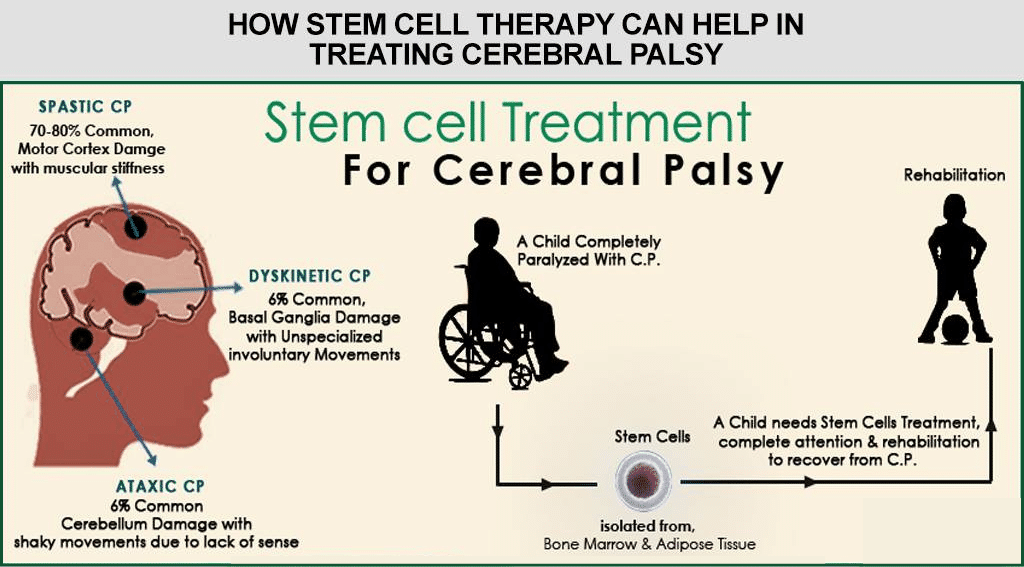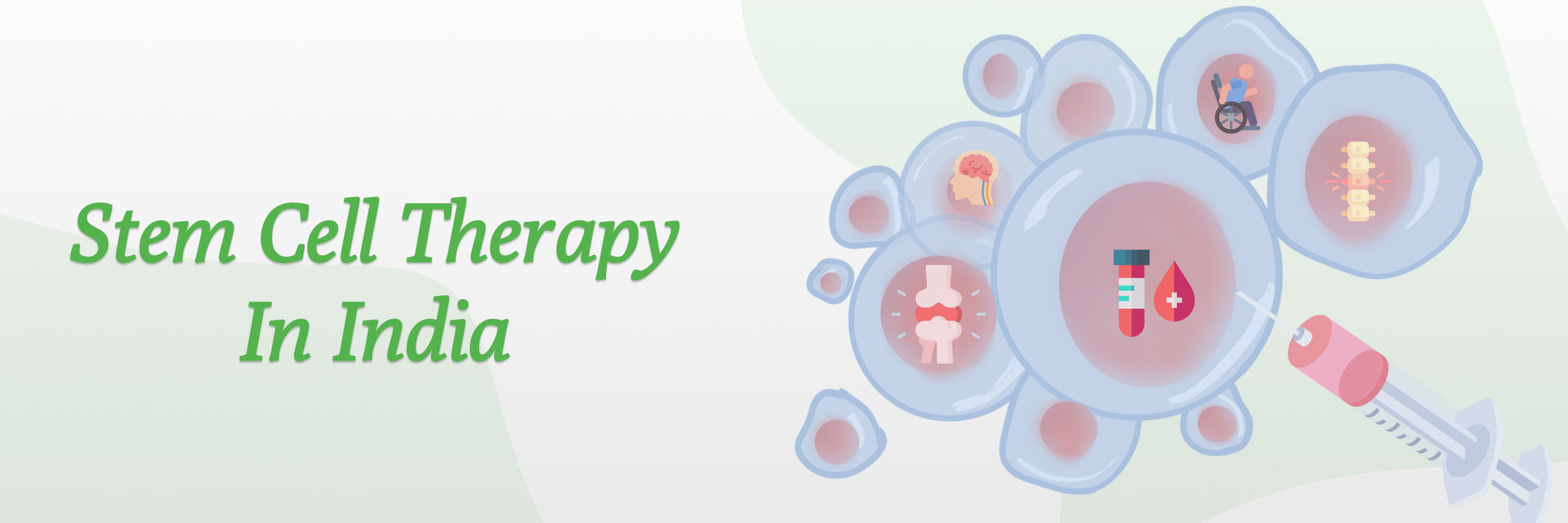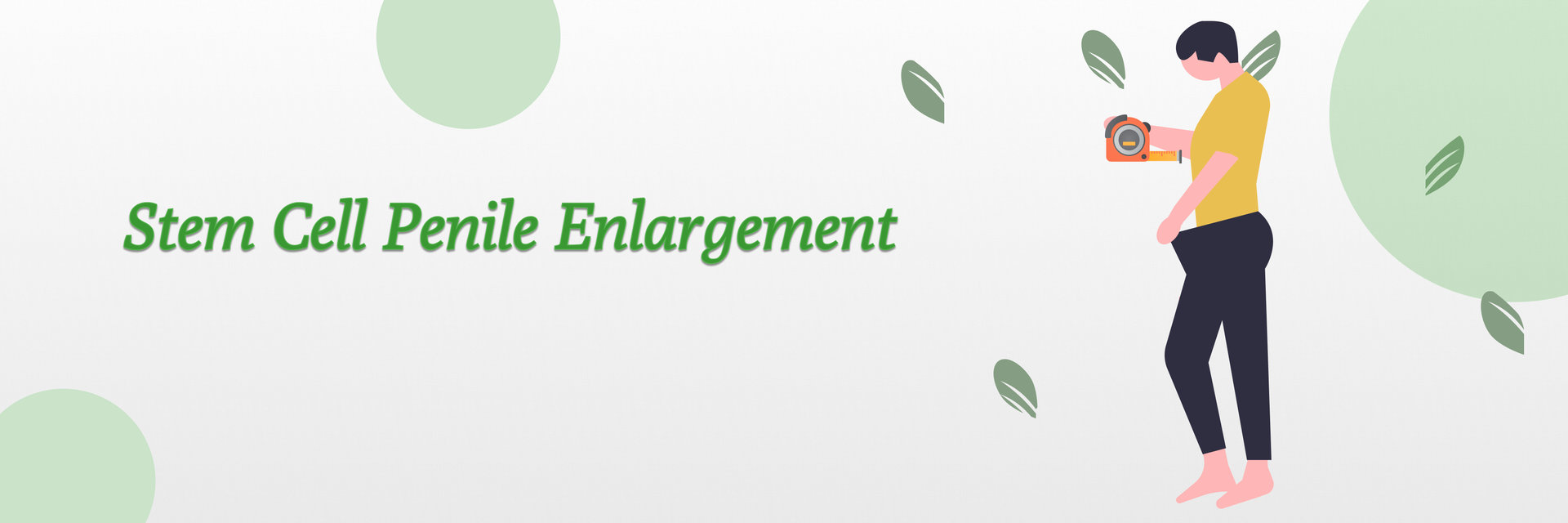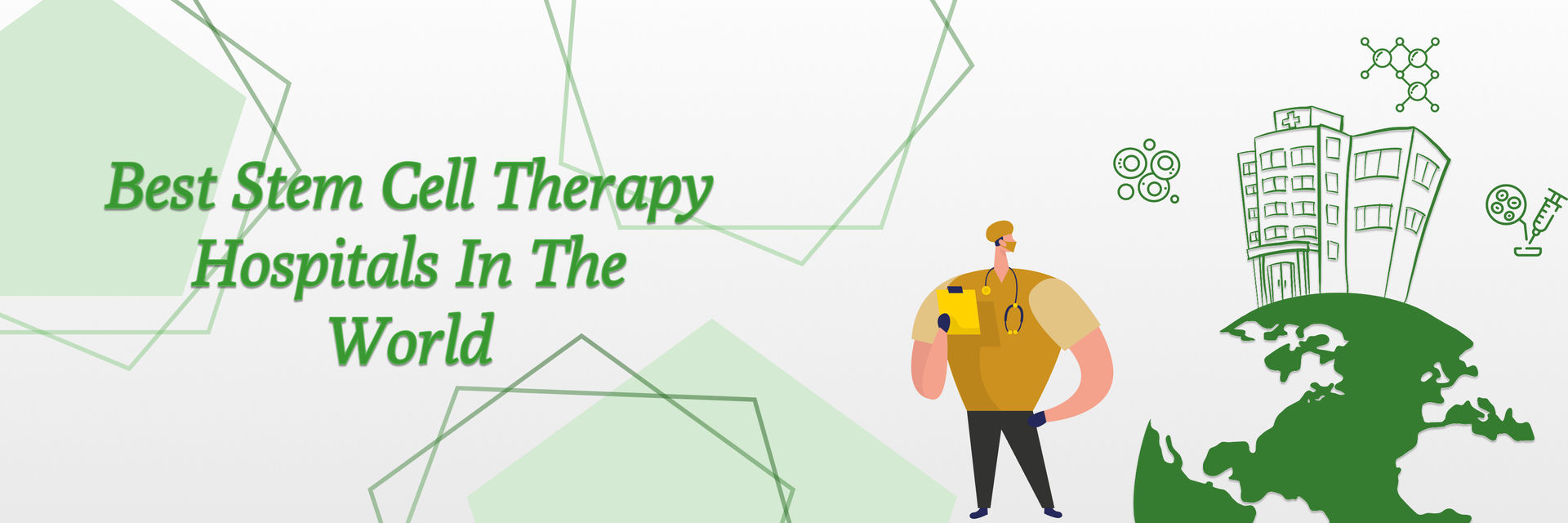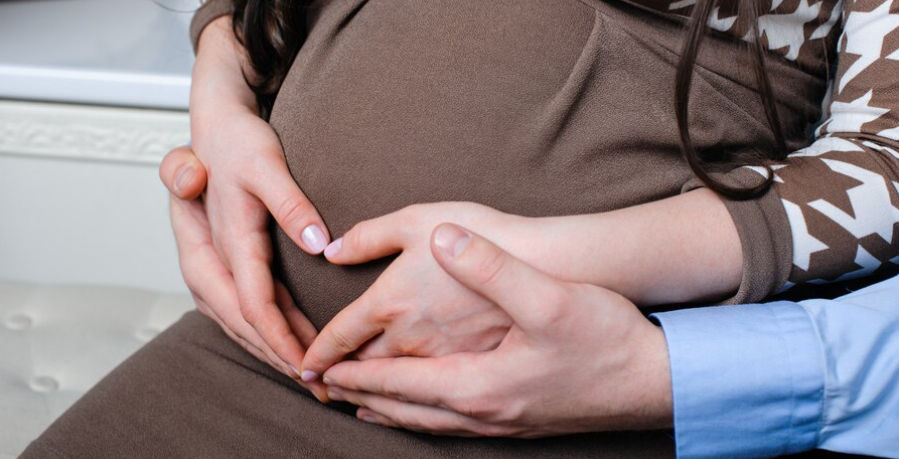
In recent years, stem cell transplants have emerged as a revolutionary treatment for various life-threatening conditions such as leukemia, lymphoma, and other blood disorders. India has seen a significant rise in the number of stem cell transplants, with thousands of procedures performed annually. According to a report by the Indian Council of Medical Research (ICMR), the number of stem cell transplants in India has increased by 20% over the last five years, highlighting the growing acceptance and success of this treatment. However, an important aspect to consider is the impact of these transplants on fertility and the possibility of pregnancy after stem cell transplant.
Are you considering starting a family after your stem cell transplant? It's a journey filled with hope but also comes with unique challenges. Let's delve deeper into what you need to know about pregnancy post-transplant.
Can a woman get pregnant after a stem cell transplant?
The possibility of pregnancy after a stem cell transplant largely depends on various factors, such as the patient's age, the type of stem cell transplant, and the treatments administered before and after the transplant. Pregnancy after autologous stem cell transplant, where the patient's own stem cells are used, tends to have a higher success rate compared to allogeneic transplants, where stem cells from a donor are used.
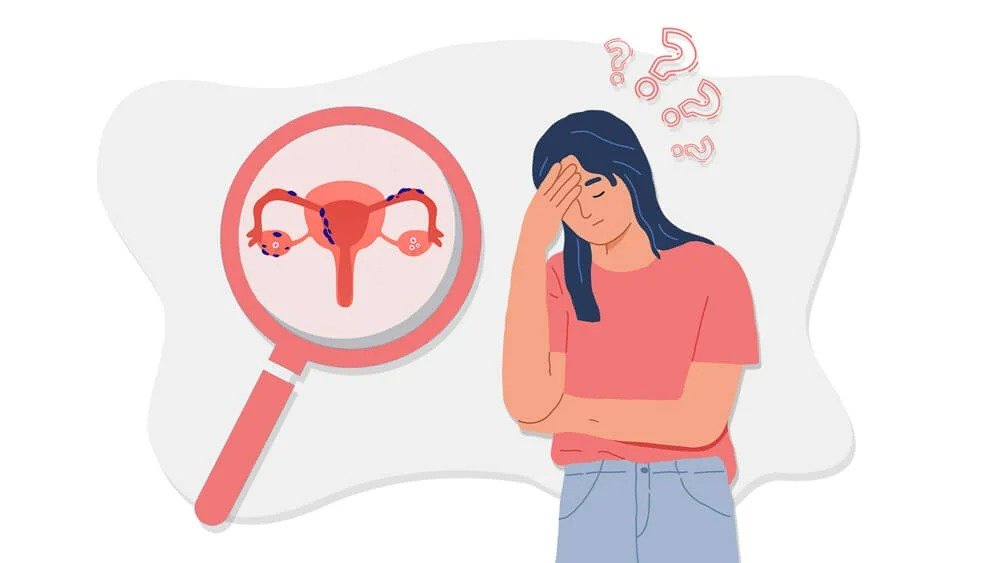
- Age: Younger women have a higher chance of regaining fertility after a stem cell transplant. The ovarian reserve, which refers to the number and quality of eggs in the ovaries, diminishes with age, making it more challenging for older women to conceive post-transplant.
- Type of Transplant: Women who undergo an autologous stem cell transplant have a better chance of regaining their fertility than those who undergo allogeneic transplants. This is because autologous transplants are less likely to cause graft-versus-host disease (GVHD), in which the donor's immune cells attack the recipient's tissues, including the reproductive organs.
- Pre- and Post-Transplant Treatments: Chemotherapy and radiation therapy, often administered before and after a stem cell transplant, can significantly impact fertility. These treatments can damage the ovaries and reduce the ovarian reserve, making it difficult for women to conceive.
Concerned about the risks? Understanding the potential complications that can arise during pregnancy after a stem cell transplant is crucial for preparing for a healthy pregnancy.
How Can Stem Cells Affect Fertility?
The impact of stem cell transplants on fertility is a major concern for both male and female patients. Let's explore how these transplants affect fertility in both genders.
Female Fertility
- Ovarian Reserve: As mentioned earlier, chemotherapy and radiation therapy can damage the ovaries and reduce the number of viable eggs. This can lead to premature ovarian failure, a condition where the ovaries stop functioning before the age of 40, resulting in infertility.
- Menstrual Cycle: Women may experience irregular menstrual cycles or complete cessation of menstruation (amenorrhea) after a stem cell transplant. This can be temporary or permanent, depending on the extent of ovarian damage.
- Hormonal Imbalance: The damage to the ovaries can also lead to hormonal imbalances, which can affect the menstrual cycle and fertility. Hormone replacement therapy (HRT) is often recommended to manage these imbalances and improve the chances of conception.
Male Fertility
- Sperm Production: Chemotherapy and radiation therapy can damage the testicles and reduce sperm production, leading to infertility. This is particularly concerning for younger men who undergo these treatments before they have had a chance to father children.
- Sperm Quality: Even if sperm production resumes after treatment, the quality of sperm may be compromised. This includes reduced sperm count, motility, and morphology, which can affect the chances of successful conception.
- Hormonal Imbalance: Like women, men can also experience hormonal imbalances after a stem cell transplant. This can affect the production of testosterone, the hormone responsible for sperm production and sexual function.
What are the chances of pregnancy after Stem Cell Transplantation?
Stem cell transplants, including both autologous and allogeneic, involve high-dose chemotherapy and sometimes total body irradiation, which can lead to infertility. Despite this, there are cases of successful pregnancies after transplantation, highlighting the body’s remarkable capacity for recovery.
Statistics on Pregnancy After Transplant
- A retrospective study from the European Society for Blood and Marrow Transplantation reported 439 patients who became pregnant or had partners conceive post-transplant.
- In this study, 33% of female patients conceiving used artificial reproductive techniques (ART), with donor eggs being the most frequent method.
- For male patients whose partners conceived, 55% used ART, typically involving sperm cryopreserved before the transplant.
- Another German Stem Cell Transplant Registry study indicated that 74 pregnancies were reported in 50 women at a median of 4.7 years following allogeneic stem cell transplantation.
- Another study says 17 women who had autologous stem cell transplantation, 5 (29%) of the women had their ovarian function restored, while 79% of the women under 25 had their function restored. A large study shows that 32 out of 110 women who recovered ovarian function became pregnant at a median of 8.5 years after allogeneic transplantation.
Wondering if natural conception is possible after Stem Cell Transplant? Many factors play a role, and here, we break down what influences your chances of conceiving naturally.
Risks associated with pregnancy after Stem Cell Transplant
- Increased Miscarriage Risk: The risk of miscarriage is higher. It is higher than in the general population. This is due to changes in the body's reproductive system after treatment.
- Preterm Labor: Pregnancies after a stem cell transplant may have a higher risk of preterm labor. This means the baby could be born prematurely.
- Delivery Complications: Complications during labor and delivery are common. They might require special medical attention or interventions during childbirth.
- Health of the Mother: The mother's health might be hurt by past treatments, like chemotherapy or radiation. These can affect her ability to carry the pregnancy to term safely.
- Graft-versus-Host Disease (GVHD) Impact: GVHD's impact is a concern. If the mother has had GVHD, there could be more complications. They are due to the immune system's response affecting the reproductive organs.
- Effects of Medications: Ongoing medications required to manage conditions related to stem cell transplants could pose risks to the pregnancy and will need careful management.
Thinking about the right time to try for a baby? Timing is everything. Discover why waiting a certain period after your treatment is vital for your health and the health of your future child.
How Long Should One Wait Before Trying to Conceive Post-Transplant?
It is generally recommended to wait at least two years after a stem cell transplant before trying to conceive. This allows time for the body to recover from the treatment and reduces the risk of complications. However, the waiting period may vary depending on individual circumstances and should be discussed with a healthcare provider.
Can a Woman Get Pregnant Naturally After a Stem Cell Transplant?
Yes, some women can get pregnant naturally after a stem cell transplant, especially if they are younger and have undergone an autologous stem cell transplant. However, it is essential to have a thorough fertility assessment and consult with a fertility specialist to understand the individual chances of natural conception.
Ready to explore your options for starting a family after stem cell therapy? Schedule a consultation with fertility experts who specialize in post-transplant reproductive health.
Managing Fertility After Stem Cell Transplant
- Fertility Assessment: Regular fertility assessments, including blood tests to measure hormone levels and imaging studies to evaluate the reproductive organs, are essential to monitor fertility status post-transplant.
- Fertility Preservation Options: Patients should discuss fertility preservation options with their healthcare providers before starting treatment. This may include cryopreservation of eggs, sperm, or embryos and ovarian tissue freezing.
- Fertility Treatments: If natural conception is not possible, assisted reproductive technologies (ART) such as in vitro fertilization (IVF) or intrauterine insemination (IUI) can be considered. These treatments can help increase the chances of conception using preserved or donor gametes.
Want more information on fertility preservation options before a stem cell transplant? Book an appointment with a fertility specialist today and take the first step towards understanding your possibilities!
Conclusion
The journey to parenthood after a stem cell transplant can be challenging, but it is not impossible. With advancements in fertility preservation and assisted reproductive technologies, many patients can achieve their dream of having children. It is crucial to have open and honest discussions with healthcare providers, explore all available options, and make informed decisions based on individual circumstances.
For more detailed information and personalized advice, consult with a fertility specialist and a healthcare provider experienced in managing fertility issues post-stem cell transplant.
So what are you waiting for? Contact us now to book an appointment with a fertility specialist.
FAQ
What Fertility Preservation Options Are Available Before Stem Cell Transplantation?
Options include sperm banking, egg or embryo freezing, and in some cases, ovarian tissue freezing. These methods aim to preserve reproductive cells or tissues before fertility-compromising treatments begin.
How can partners support during the fertility preservation process?
Partners can support each other by attending appointments. They can also understand the treatment effects and discuss options with fertility specialists, helping them make informed decisions together.
Is it safe to use assisted reproductive technology after a stem cell transplant?
Yes, using IVF is generally safe after a stem cell transplant. It is often necessary for conception. However, each case should be evaluated individually by a fertility specialist.
Reference Links:
